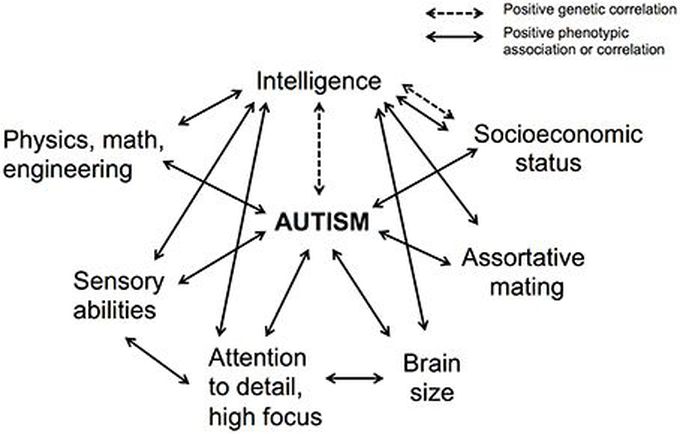

Autism and Intelligence
Autism, or autism spectrum disorder (ASD), refers to a broad range of conditions characterized by challenges with social skills, repetitive behaviors, speech and nonverbal communication. Historically, it was thought that autism and intellectual disability is interrelated as rate of intellectual disability (IQ below 70) in normal population is 1% while in autistic people it is nearly 40%. Recent researches has provide with different arguments and result. In 2011 study, it was established that autism and intelligence are less related than it was thought. Modern IQ test are required to judge IQ of autistic people which include non verbal test. In latest trends and studies, autism is also being related to intelligence. Many scientists are even referring Issac Newton and Einstein as High IQ autistic people. Also there is notable brain shape difference amongst autistic and neurotypical people Information credits :https://www.appliedbehavioranalysisedu.org/is-autism-associated-with-higher-intelligence/ Cambridge University research 2015 https://www.cambridge.org/core/journals/psychological-medicine/article/abs/iq-in-children-with-autism-spectrum-disorders-data-from-the-special-needs-and-autism-project-snap/537E71CA95734F4CBBD283DD0BD1717B
Wendigo syndromeTranscatheter Device Closure of ASD

